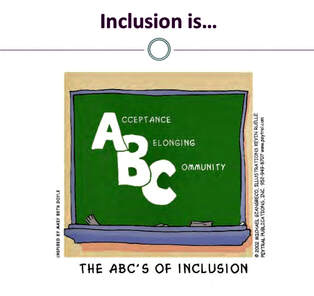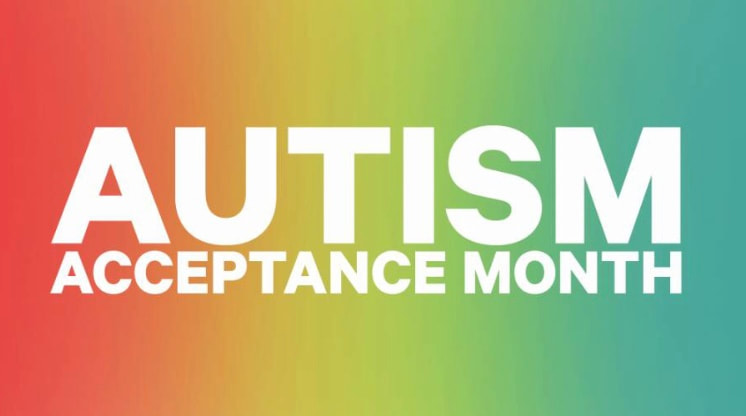
I once thought autism meant a lot of inabilities: cannot talk, cannot switch topics, cannot give eye contact, cannot handle transitions or new routines, cannot read social cues, cannot control motor movements, etc. And I once thought some of the can-dos were not necessarily “adaptive” (as they say in the psychological and educational literature): perseverates on the same activity or conversational topic, gets anxious in uncertain situations, uses aggressive and/or destructive behavior, engages in self-injurious behavior. In my early days as a professional, I assumed – as too many people still do – that intellectual disability was a part of the package.
So what happened to change my views on all of this? I got to know some autistic people who had acquired the ability to communicate, verbally or through pictures/typing, as well as some who did not yet communicate in any kind of traditional manner. I read the writings of autistic people. I listened to parents who said that, despite the testing results, they KNEW that their child was smart and understood what was going on. I listened to them say that their child was not only empathetic, but almost preternaturally so. I began to “presume competence” rather than make assumptions on face value. And I paid attention (or at least tried) in order to interpret meaning from the point of view of the people I met, not just from my own neurotypical point of view. There are still too many people who make important life decisions FOR autistic children and adults based on limited understandings and prejudicial attitude. Too many professionals have not really known, loved, or spent personal time with an autistic person; but rather base their authority on their professional training alone. Non-autistic people need to know and be helped to understand that our life experiences cannot be used to judge or value the behavior, appearance or needs of an autistic person.
We non-autistic people MUST listen and learn from those who are autistic. We must do what we can to support self-advocacy and dispel the myths about autism in the public and professional communities. The autistic community must remain vigilant in its outreach, community education, and demand for inclusion in public policy decisions. Awareness of what it means to be autistic is still lacking for the world at large. Acceptance of autism as a natural condition in the human experience is necessary for real dialogue to occur. That is my hope.
- Carol Quirk, Maryland Coalition for Inclusive Education

 RSS Feed
RSS Feed
